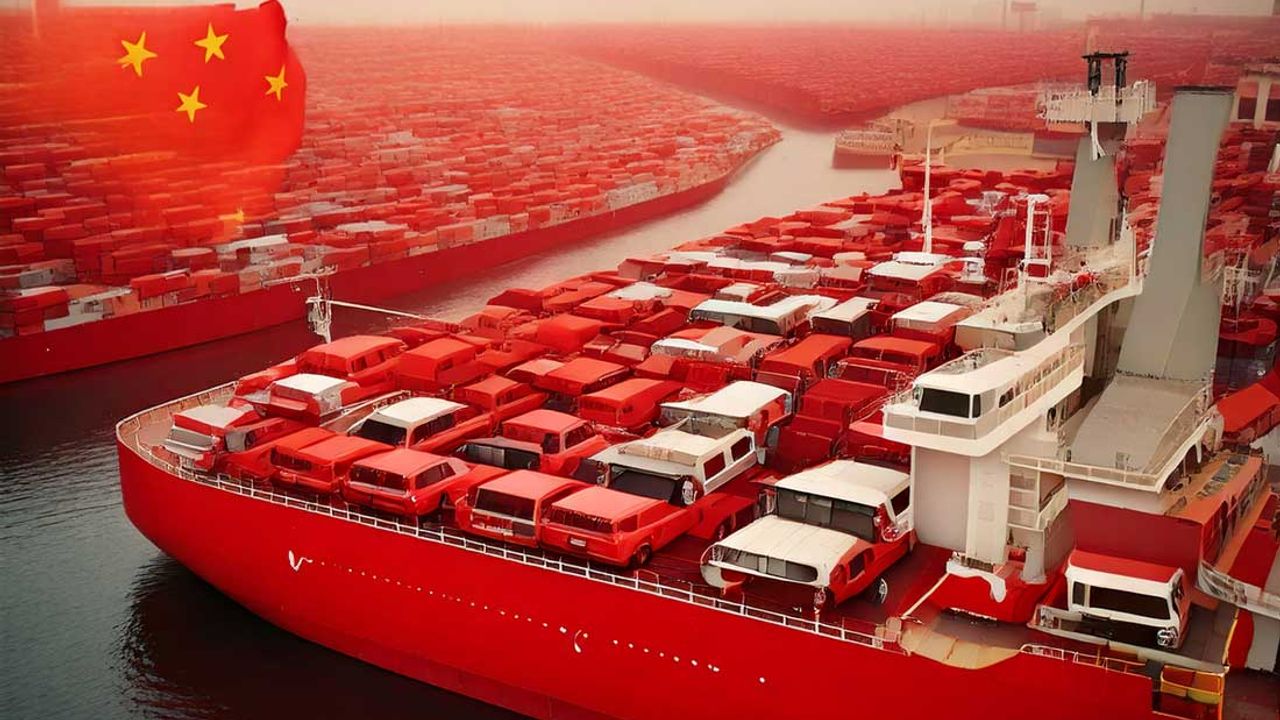In response to increased demand from automakers, car-carrying vessels have been deployed to Asia and Europe to transport significantly more vehicles than usual to the U.S., according to industry sources.
Lasse Kristoffersen, CEO of vehicle shipping company Wallenius Wilhelmsen, told the Financial Times that demand from Asia has exceeded the company’s current capacity. He noted that additional shipping capacity has been allocated to meet the surge in demand, although the industry is facing a shortage of car-carrying vessels.
Trump has stated that new “reciprocal” tariffs on U.S. trading partners will take effect on April 2, coinciding with the expiration of a 30-day reprieve on a planned 25 percent tariff on imports from Mexico and Canada.
South Korean automakers Hyundai and Kia are among those increasing shipments to the U.S. ahead of the tariff deadline, according to a shipping executive. Hyundai declined to comment on specific strategies but said it regularly adjusts shipment plans based on market conditions. A German carmaker has also confirmed it is increasing vehicle exports from Europe to the U.S. in response to the tariff threat.
This surge in shipments has led to a 22 percent year-on-year increase in vehicle exports from the EU to the U.S. in February. Shipments from Japan rose by 14 percent, while those from South Korea to North America were up by 15 percent.
Stian Omli, senior vice president at Esgian, a platform tracking car carriers, reported a noticeable rise in vessels heading from Europe to the U.S. He added that an increase from East Asia is expected soon, with many car carriers indicating plans to call at U.S. ports.
Manufacturers with production operations in Mexico and Canada are also adjusting their logistics to prepare for potential tariffs. Honda is advancing shipments from both countries, while Stellantis, owner of Chrysler and Jeep, is moving inventory into U.S. plants and increasing production during the temporary tariff suspension.
Doug Ostermann, Stellantis’s chief financial officer, stated that the company currently has a stable supply of vehicles produced in Canada and Mexico, with about 70 to 80 days’ worth of inventory available at dealerships.
In addition to vehicles, suppliers of automotive electronics such as stereo systems are increasing shipments to the U.S. to build stock ahead of potential tariff implementation, according to a logistics executive involved in the car supply chain.
Different Approach
However, not all automakers are taking the same approach. Toyota stated it has not increased vehicle imports to the U.S. in anticipation of future tariffs. Two Japanese car carriers also reported little change in shipping demand.
While the 30-day tariff delay has allowed carmakers additional time to transport inventory, uncertainty remains over the long-term impact. Cody Lusk, CEO of the American International Automobile Dealers Association, said the industry is awaiting clarity on how the tariffs will be applied across different countries.
Wallenius Wilhelmsen’s Kristoffersen noted that long-term effects on car trade remain unclear, with manufacturers uncertain about how the situation will evolve.

